Description
Forty-four Turkish fairy tales Pl 11 by Willy Pogany printed on a Hoodie
About the Hoodie
Modern fit
It provides a more tailored look than a regular fit
Comfortable
The fabric and fit of this item are extra comfy
Tear-away tag
Easily removable tear-away tag that allows you to add a custom inside label
Premium quality
The product is made from premium, high-quality materials
Classic unisex hoodie with a front pouch pocket and matching flat drawstrings. The 100% cotton exterior makes this hoodie soft to the touch.
- 65% ring-spun cotton, 35% polyester
- Charcoal Heather is 60% ring-spun cotton, 40% polyester
- Carbon Grey is 55% ring-spun cotton, 45% polyester
- 100% cotton face
- Fabric weight: 8.5 oz./yd.² (288.2 g/m²)
- Front pouch pocket
- Self-fabric patch on the back
- Matching flat drawstrings
- 3-panel hood
- Tear-away tag
Willy Pogany (1882 – 1955)
William Andrew Pogany was a prolific Hungarian illustrator of children’s and other books. His contemporaries include C. Coles Phillips, Joseph Clement Coll, Edmund Dulac, Harvey Dunn, Walter Everett, Harry Rountree, Sarah Stilwell Weber, and N.C. Wyeth. He is best known for his pen and ink drawings of myths and fables. A large portion of Pogany’s work is described as Art Nouveau.
Born Vilmos Andreas Pogány in Szeged, Hungary. He studied at Budapest Technical University and in Munich and Paris. Pogany came to America via Paris and London. In London, he produced his four masterpieces, Samuel Taylor Coleridge’s The Rime of the Ancient Mariner (1910), Richard Wagner’s Tannhauser (1911), Parsifal (1912) and Lohengrin (1913).
Pogany’s artistic style is heavily fairy-tale orientated and often feature motifs of mythical animals such as nymphs and pixies. He paid great attention to botanical details. He used dreamy and warm pastel scenes with watercolors, oil paintings, and especially pen and ink. Painstakingly detailed and confident, Pogany’s pen and ink pieces portray the true extent of his talent.

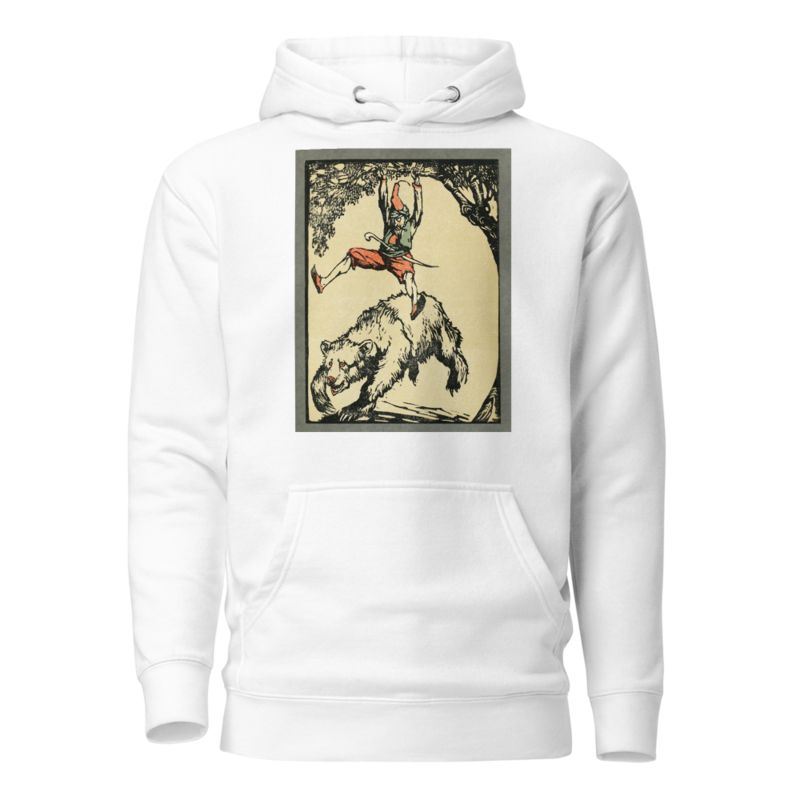
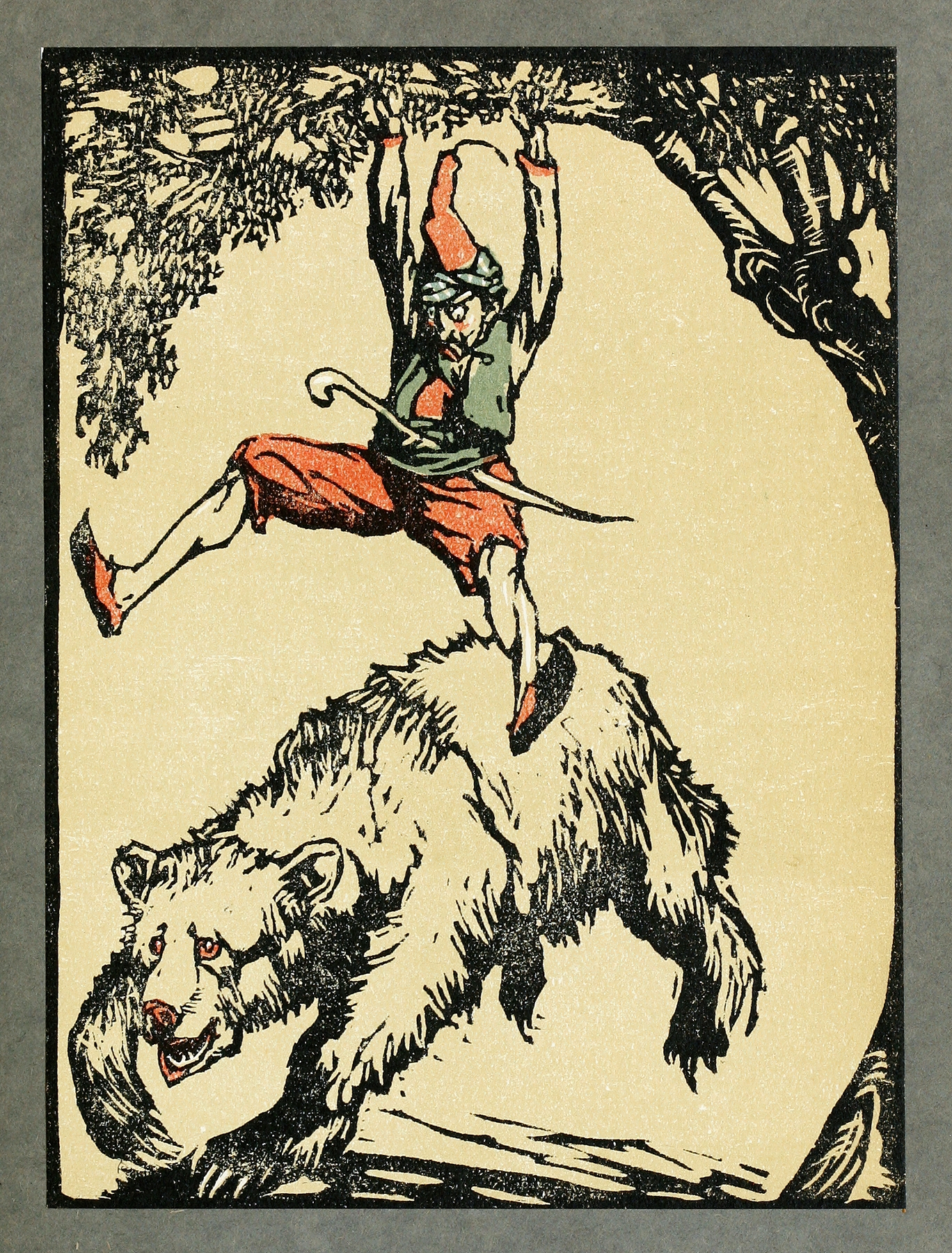
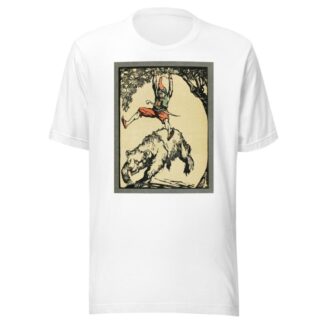
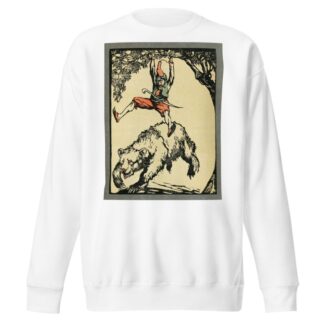
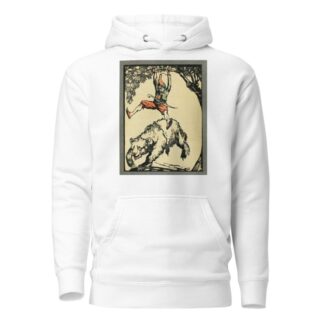
Reviews
There are no reviews yet.